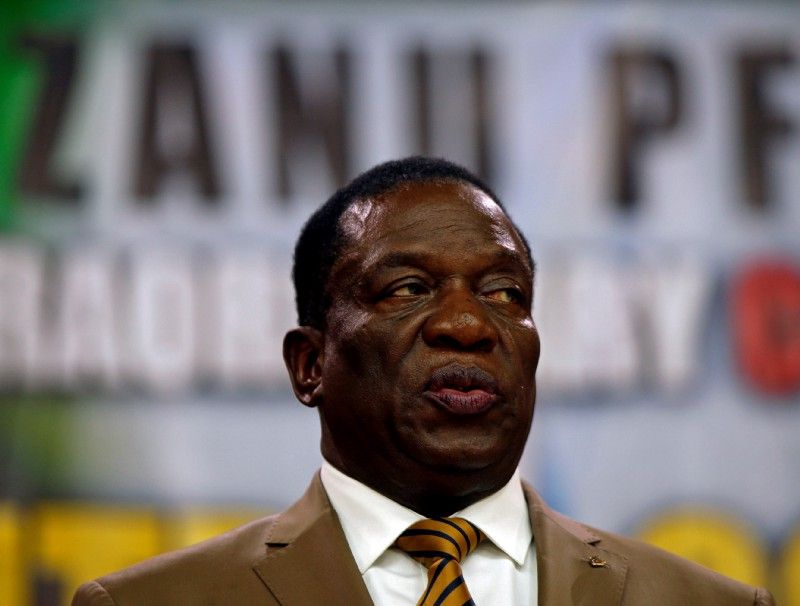Zimbabwe’s President Emmerson Mnangagwa has problems of a different kind. Successor to the iron-fisted Robert Mugabe, Mnangagwa’s first challenge is to stabilize, then revitalize, an economy Mugabe left in ruins. That means showing the public he’s made progress on fighting corruption and bringing back money that wealthy Zimbabwean companies and individuals have moved abroad.
First, he offered an amnesty along with a limit of 90 days to bring the money back. That netted just under $600 million, according to the government, less than half the hoped-for sum. This week, Mnangagwa, known to friends and foes as “the Crocodile,” published the names of hundreds of companies, individuals, and even churches that, he says, still have a total of $827 million stashed outside the country’s borders. Return the money, he warns, or risk prison.
Second challenge: What to do with Mugabe, who appears unwilling to go quietly off to Strongman Heaven? Out of power now for four months, the elderly former dictator still has much to say to anyone who will listen. After praising his successor and calling for unity in the immediate aftermath of his ouster, he now claims he has been treated disgracefully and was the victim of a coup.
Mnangagwa has no interest in a fight with his larger-than-life predecessor. “The former president is our founding father, we respect him. He is now 94 and he is bound to forget what he says,” Mnangagwa said this week. But it’s not helping the new president’s reputation as a corruption fighter that Mugabe’s sons have lately posted video on social media of lavish parties, flash clothes, and expensive cars paid for with taxpayer money.
